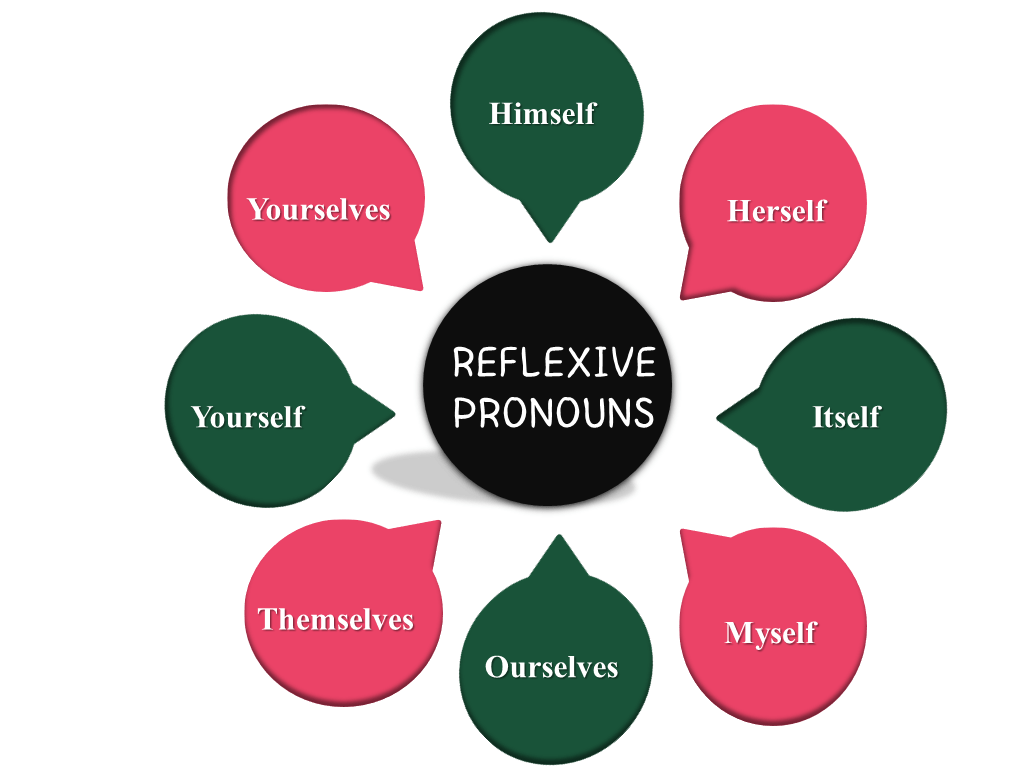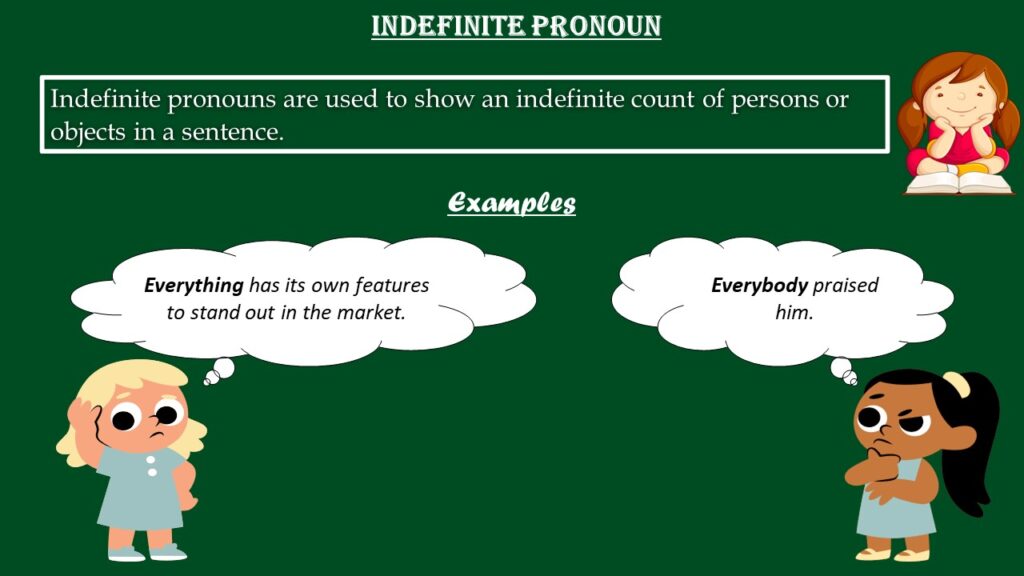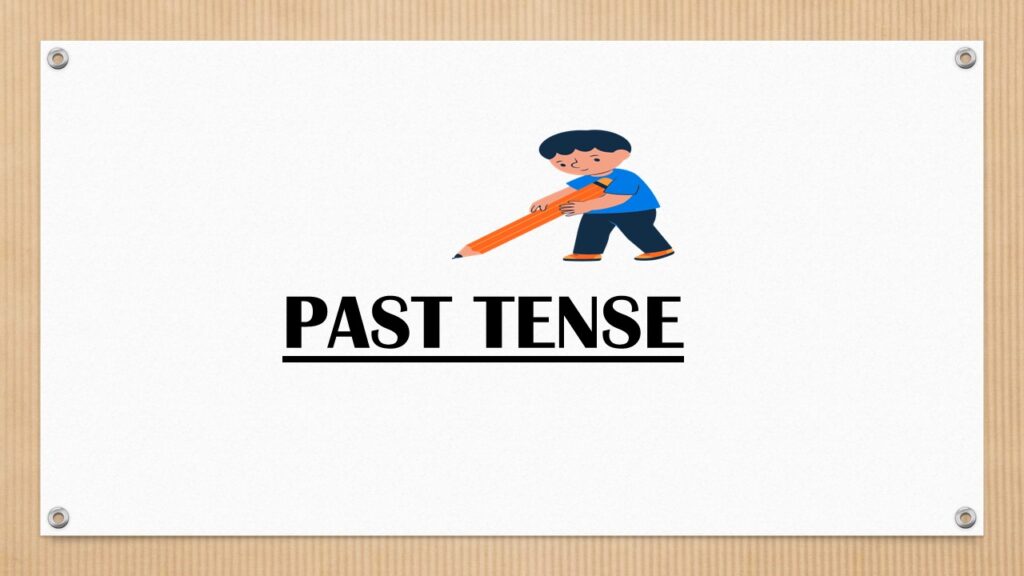Possessive Pronoun
Suppose a girl purchased a book. Now, it means the book is her possession. So, how do we show the book belongs to her? We can say ” This book is hers.” So, do you know the word “hers” is a kind of pronoun? Yes, it is a POSSESSIVE PRONOUN. In this article, we will learn about the meaning, examples and rules of possessive pronouns.
Meaning of Possessive Pronoun
Possessive Pronouns are groups of words that signify ownership of an object. It depicts that an object belongs to a person.
In possessive pronouns, do not use nouns just next to them.
For Example:
| Subjective Case | Possessive Pronoun |
| I | Mine |
| We | Ours |
| You | Yours |
| He | His |
| She | Hers |
Examples of Possessive Pronoun

- That book is mine.
In this sentence, the meaning of mine shows my book or we can say in easy terms that this book is my book.
- I like to dance with a friend of yours.
In this sentence, the meaning of yours is your friend.
- Ours is a beautiful house.
In this sentence, the meaning of ours is our house.
- You have taken a great initiative than theirs.
In this sentence, the meaning of theirs is their initiative.
- I prefer to have food in your house than hers.
In this sentence, the meaning of hers is her house.
Possessive Pronouns Rules
1) Do not use possessive pronouns prior to the noun
Possessive pronouns cannot be placed before nouns. On the other hand, possessive adjectives are positioned prior to the noun.
For example:
- Yours cat is pretty. (Incorrect)
- Yours is a pretty cat. (Correct)
2) Possessive pronoun can be used as a subject or object
We can use possessive pronouns as a subject or object in the sentence.
For Example:
- Hers is a pleasant neighbourhood.
In the above example, as we can see “Hers” is used as a subject in the sentence and here this example implies “Her neighbourhood is a pleasant neighbourhood”. So, here “hers” denotes “her neighbourhood”.
- I have packed all of my clothes and yours.
In the above example, “yours” is used as an object of the sentence and placed after the verb in the sentence.
3) Usage of the infinitive with a possessive pronoun
The infinitive (to + Main Verb 1st form) goes with a possessive pronoun.
For Example:
- He promised his sibling to purchase a cycle but she did not promise hers to purchase.
4) Never use “its” as a possessive pronoun
Don’t use “its” as a possessive pronoun as it is considered a possessive adjective.
Practice Exercise
| 1. Fill in the blank with a suitable possessive pronoun: __________ is a beautiful garden. | (Ours/Our) |
| 2. Fill in the blank with a suitable possessive pronoun: We have pinned our poster on the board as well as __________. | (yours/her) |
| 3. Fill in the blank with a suitable possessive pronoun: She reminded her brother to submit the project but he did not remind __________ submit. | (hers to/ her to) |
| 4. Fill in the blank with a suitable possessive pronoun: __________ is a silky hair. | (Hers/Him) |
ENGLISH-RELATED CONCEPTS:














